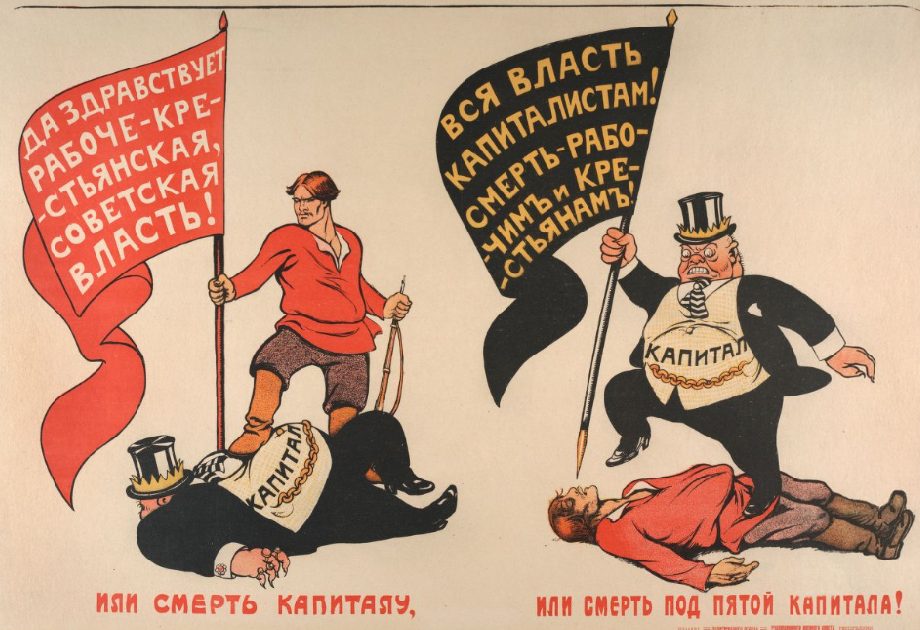The Importance of Equality in Power from a Socialist Perspective

In Martin Scorsese’s 1995 film Casino, Robert De Niro portrays Ace Rothstein, a casino boss involved with the mafia. Ace is determined to ensure that every aspect of his operation is flawless. There is a comical scene where he is eating a blueberry muffin during a business meeting at the casino restaurant. Upon realizing that his muffin has fewer blueberries than his associate’s, he confronts the kitchen staff. And demanded that an equal amount of blueberries be put in each muffin. The chef reacts with astonishment and questions the feasibility of this request.
Striving for Equality
When socialists discuss the goal of overcoming economic inequality, conservatives and libertarians often view it as unrealistic and absurd. They compare it to achieving muffins with a precisely equal number of blueberries. They argue that perfect equality is unattainable. Even if individuals start with equal shares of society’s resources, will there be some who acquire more assets over time while others lose them? The challenge lies in preventing such disparities from occurring.
The Nature of Equality
What type of equality are we really striving for? Let’s consider a scenario where Jane sets aside a portion of her paycheck to buy a house, while her coworker James spends the same amount on expensive scotch. Eventually, Jane becomes a homeowner, and potentially the value of her house increases over time. James, on the other hand, has no tangible assets to show for his choices. Is this inequality unjust or objectionable?
The philosopher Robert Nozick made an intriguing anti-egalitarian argument in his book, “Anarchy, State, and Utopia” (1974). He famously stated that “liberty disrupts patterns.” Nozick argued that individual freedom allows “capitalistic acts between consenting adults,” leading to a distribution that doesn’t match philosopher-devised patterns. This distribution won’t reflect perfect equality or any other proposed pattern. Nozick believes that we should respect economic freedom, even if it leads to substantial inequality.
Socialists’ Response to Equality and Economic Power
Socialists are not bothered by these arguments for two main reasons. First, advocating for reasonably equal distribution of a society’s resources doesn’t necessarily mean insisting on exact equality in every aspect. For example, in 2020, the average CEO earned 350 times more than the average worker. One can argue that this level of inequality surpasses what justice allows without demanding that every person have the same amount in their bank account. Instead, occasional interventions, such as redistributing wealth from the top to the bottom, can address the issue. Libertarians may claim that this violates economic “liberty” as it involves “stealing” from the rich, but there is no valid reason to give that claim serious consideration.
Secondly, from a socialist perspective, the most crucial aspect of economic equality is not income inequality per se but rather equality in economic power. In a capitalist system, people can trade possessions and also ownership or ownership shares of businesses. This division creates an imbalance of power between a class of owners and a class of workers. The extreme income inequality within capitalist firms stems from this foundational power imbalance. Rather than democratic revenue allocation within a company, individuals like Jeff Bezos can singlehandedly keep a substantial share of profits, enabling extravagant personal acquisitions. This is precisely labeled “exploitation” by socialists. It pertains to an owner’s acquisition of collectively generated revenue, solely based on their power, devoid of a genuinely compelling rationale.
Evolving Workplace Dynamics and Wage Equity
In capitalism, unionization allows workers to introduce partial workplace democracy, marking a positive step. However, workers still have little control over their bosses’ decisions, highlighting the need for further improvement. Comparatively, Spain’s Mondragon, the most successful worker-run business federation in the world, provides a compelling example. No worker-member at Mondragon earns more than around six and a half times the salary of the lowest-paid member. Cooperatives dominating Spain’s economy could reduce wage gaps by eliminating competition with capitalist corporations for talent. The near absence of extreme income differentials at Mondragon demonstrates that when everyone has a vote on pay scales, massive disparities do not emerge. Persuading coworkers to recognize the necessity of additional compensation for higher stress, responsibility, or particular duties could be achievable. However, persuading them that one should earn so much that they can purchase a personal spaceship would be an arduous task.
Pursuing Workplace Equality and Societal Transformation
Workplace power equality is vital for broader societal balance. While politics can theoretically curb capitalist inequalities, economic imbalances foster political disparities. Factory owners and workers possess equal voting power, yet differ in direct congressman access. In strict campaign finance nations, politicians prioritize owners due to the “business veto,” allowing capitalists to sway policies. Workers’ sole “veto” is quitting, risking job gaps and prospects. Frequent use of this power or extended deliberation can harm job futures due to employment gaps.
Workplace inequality leads to harmful outcomes like unsafe environments, outsourcing, and reduced democracy. Moreover, extreme power imbalances are fundamentally unacceptable. Granted, complex endeavors involving large-scale human cooperation necessitate a certain level of operational hierarchy. However, if those issuing orders are not democratically accountable to those receiving them, it leads to a degradation of human dignity, as some individuals become dependent on the whims of others.
In “How to Be an Anti-capitalist in the Twenty-First Century,” Erik Olin Wright highlights how individual choices connect to the collective right to shape impactful decisions, emphasizing the link between personal actions and communal involvement. Wright’s book explores the correlation of non-harmful choices and shared decision-making, both rooted in the principle of “self-determination.” While I can choose my actions despite disagreement, you shouldn’t control my decisions. As a boss, I shouldn’t disrupt your lives by closing the grocery store. In a socialist system, firms would be worker-owned, publicly owned, or a mix. This doesn’t guarantee utopia; variations, conflicts, and disagreements persist. The change lies in equal navigation of these conflicts, fundamentally altering society.





